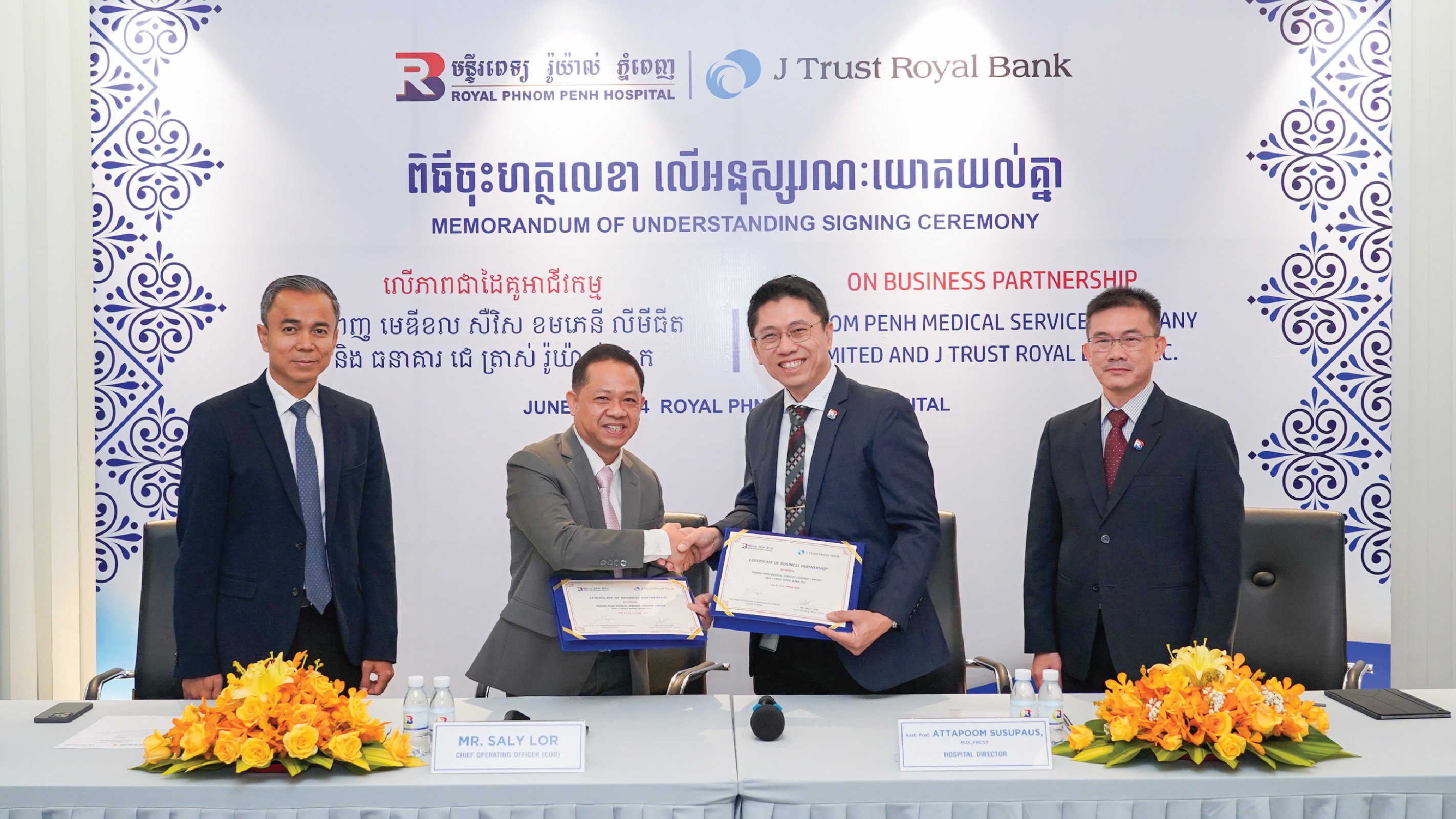Intrauterine Insemination (IUI): A Promising Option To Maximize The Chance Of Achieving Pregnancy
Infertility becomes a common medical problem that significantly affects a large number of couples worldwide. This reproductive problem may be caused by several factors from male and/or female. Due to advancements in fertility treatment, IUI (intrauterine insemination) is considered an effective technique for basic infertility treatment. During IUI, sperm that have been washed and concentrated are directly injected into the uterus when ovary releases matured egg (s) to be fertilized, resulting in a pregnancy. This approach is considerably similar to natural conception while achieving satisfying success rates.
Get To Know IUI
IUI or intrauterine insemination is fertility treatment that involves the placing of sperm into a woman’s uterus during ovulating period. After sperm collection, the sperm will be washed to separate the highly active sperm from lower quality sperm and other elements. The chance of achieving pregnancy increases by using a small, highly concentrated healthy sperm. When an impending ovulation is detected, IUI will be conducted. During IUI, a vial containing a sample of healthy sperm is attached to the end of a long, thin, flexible tube called catheter. Subsequently, the catheter is inserted into the vagina, through cervical opening and into the uterus. The sperm sample is then pushed through the tube into the uterus, enabling the sperm to swim into the fallopian tube and fertilize a waiting egg, resulting in a normal pregnancy. Since IUI process bypasses the cervix, allowing the sperm to target the ovaries without being slowed or stopped by the lower portions of the reproductive tract, therefore the chance of pregnancy increases. Nonetheless, to optimize IUI success, the total number of motile sperm after sperm selection should be greater than 1 million per insemination. Samples with fewer than 1 million sperm have significantly decreased chance of achieving a pregnancy.
Instructions Prior To IUI
-
For men, the appointment for sperm collection will be made on the day of IUI which is during an ovulating time. A couple is instructed to refrain from a sexual intercourse or an ejaculation at least 3-7 days prior to procedure.
-
For women, the appointment for an artificial insemination during ovulation period will be made. Depending on the causes of infertility, ovulation medications might be taken under supervision of the reproductive specialist. Transvaginal ultrasound which is an imaging method will be performed to visualize the ovaries and monitor the growth of the egg. Once an optimal timing for ovulation is determined, the appointment day for IUI will be made.
Process Of IUI
-
A man is required for semen collection.
-
Collected sample will be then washed and prepared in a way that separates the highly active or normal sperm from lower quality sperm and other elements. Only healthy sperm will be selected. This process takes approximately 2 hours.
-
A woman needs to lie on a gynecological examination table.
-
The reproductive specialist inserts a speculum into the vagina. A long, thin, flexible tube called catheter attached with a sample of healthy sperm at its end is then inserted into the vagina, through cervical opening and into the uterus.
-
The sperm sample is then drawn (approximate volume: 0.3 ml.) and slowly pushed through the tube into the uterus, enabling the sperm to swim into the fallopian tube and fertilize a waiting egg.
-
All devices are removed and a 20-30 minute resting on the bed is required after the procedure is completed.
-
Pregnancy can be tested 2 weeks after IUI.
Instructions After IUI
-
A couple can continue daily lives and activities.
-
Sexual intercourse is not prohibited.
-
After sperm injection, an abdominal pain/ cramping or minor vaginal bleeding might happen. Prescribed pain relief medications can be taken as directed. If pain persists or presents with fever, an immediate medical attention must be sought.
-
In some cases, hormonal medications in the dosage form of oral tablets or vaginal tablets are prescribed to promote better embryo implantation, thus improving the odds of getting pregnant. These medications must be strictly used as prescribed.
Among several techniques, IUI as a basic approach has gained popularity for treating infertility. It is often used to treat mild to moderate low sperm count or unexplained infertility. It is considerably effective and safe due to very low complications. With satisfying success rates, the cost relevant to this procedure is fairly low compared to other advanced approaches. Nevertheless, the overall success rates of IUI depends on several factors, including women’s age, egg quality and sperm quality (e.g. sperm motility and sperm count) as well as the endometrial thickness on the day of sperm injection. To gain the increased chance of success, the expertise and experience of reproductive specialist combined with advanced technology and multidisciplinary team certified by world-class standard of care remains vital.






